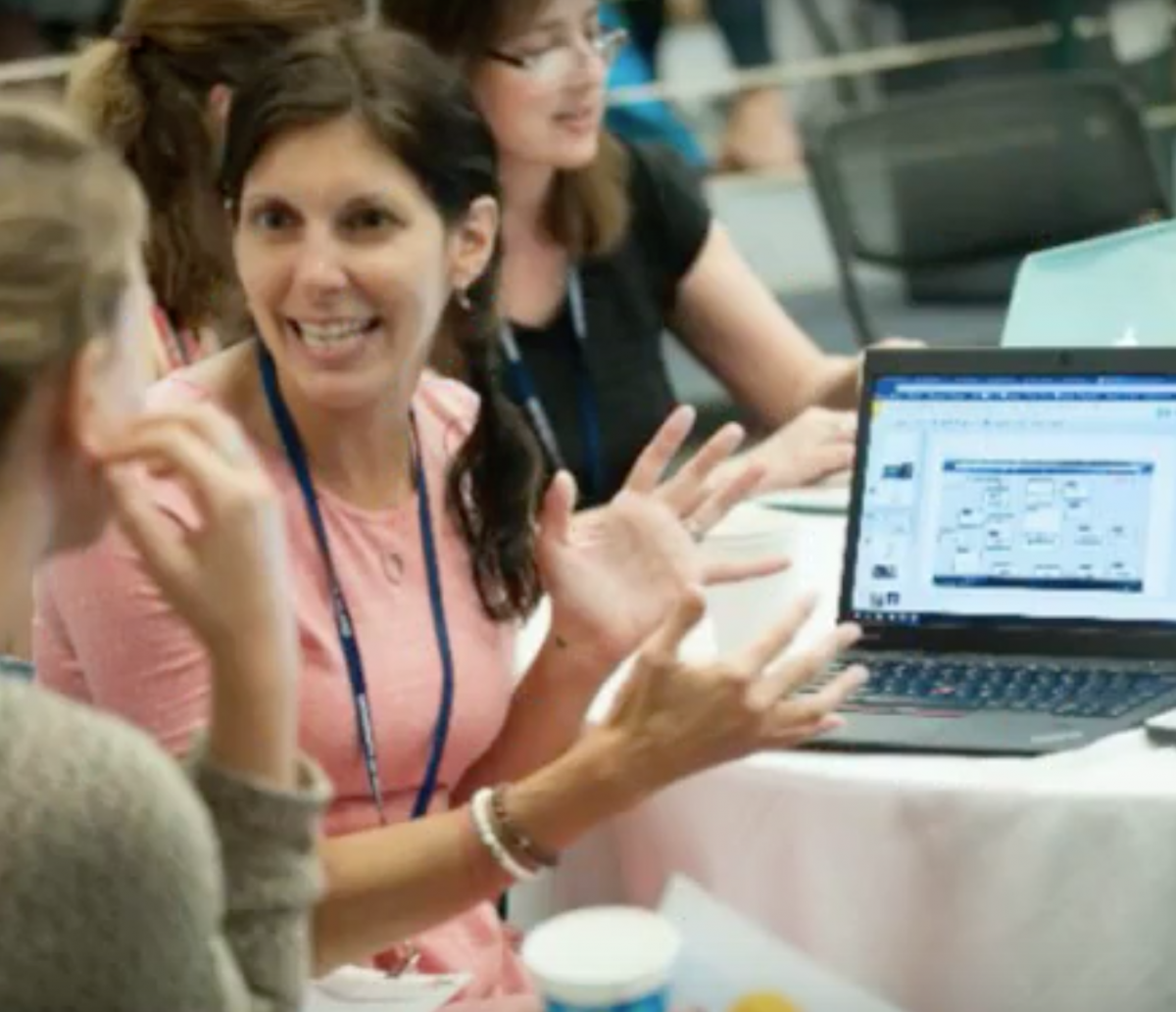 For the seventh year in a row, the Summer Institute in Digital Literacy educated nearly 100 participants on how literacy is changing as a result of emerging media and technologies.
For the seventh year in a row, the Summer Institute in Digital Literacy educated nearly 100 participants on how literacy is changing as a result of emerging media and technologies.
DATE: July 14 - 19, 2019
LOCATION: Providence, Rhode Island
LEARN MORE: www.digiURI.com
CO-DIRECTORS
- Renee Hobbs, University of Rhode Island
- Julie Coiro, University of Rhode Island
KEYNOTE SPEAKER
Kristin Ziemke, Chicago Big Shoulders Fund
FACULTY AND STAFF
- Kara Clayton, Thurston High School
- Charlie Coiro, Coast Guard Academy
- Terry Deeney, University of Rhode Island
- Troy Hicks, Central Michigan University
- Kristin Hokanson, Inquiry Schools & the Media Education Lab
- Mary Moen, University of Rhode Island
- Amanda Murphy, Westerly High School
- Ryan McCarty, National Louis University
The intensive six day, 42 hour-long summer professional development program is back for the seventh year! Graduate students may take the course as part of the Graduate Certificate in Digital Literacy, a 12-credit blended learning program offered by the Alan Shawn Feinstein College of Education and Professional Studies. Co-directed by URI Professors Renee Hobbs and Julie Coiro, the Institute will be informative for educators in K-12 and higher education, librarians, digital media makers and those interested in strengthening their leadership skills.
However, the Institute uses an “everyone learns from everyone” approach to emphasize the importance of professionals in different fields sharing their expertise. “We focus on quality learning and relationship building first, and then how to think about ways that technology can foster these elements,” said Coiro. “People want to feel like they belong and matter first. Then with access to a computer and the internet, they start to see the power of networking with more people across different communities. Ultimately, people begin to see how digital texts and tools can deepen learning and promote agency in a lot of different contexts.” Hobbs and Coiro promote project-based inquiry while using digital texts, tools and technologies to consider the implications of the cultural and technological shift for teaching and learning. According to Coiro, “Part of digital literacy is about reading and writing strategies. Both in and out of educational settings, people encounter digital elements that can complicate reading and learning with others. How do you navigate and negotiate digital texts and all of the different tools we have access to now? How do you actually learn when and how to put the computer or social media away and balance that with real human beings interacting with each other? These are the things we seek to answer at the Institute. Then throughout the year participants stay in touch with our From PD To Practice blog and regular webinars hosted by URI’s Media Education Lab.